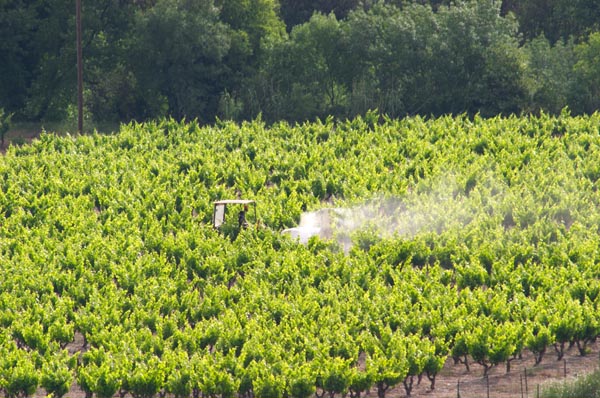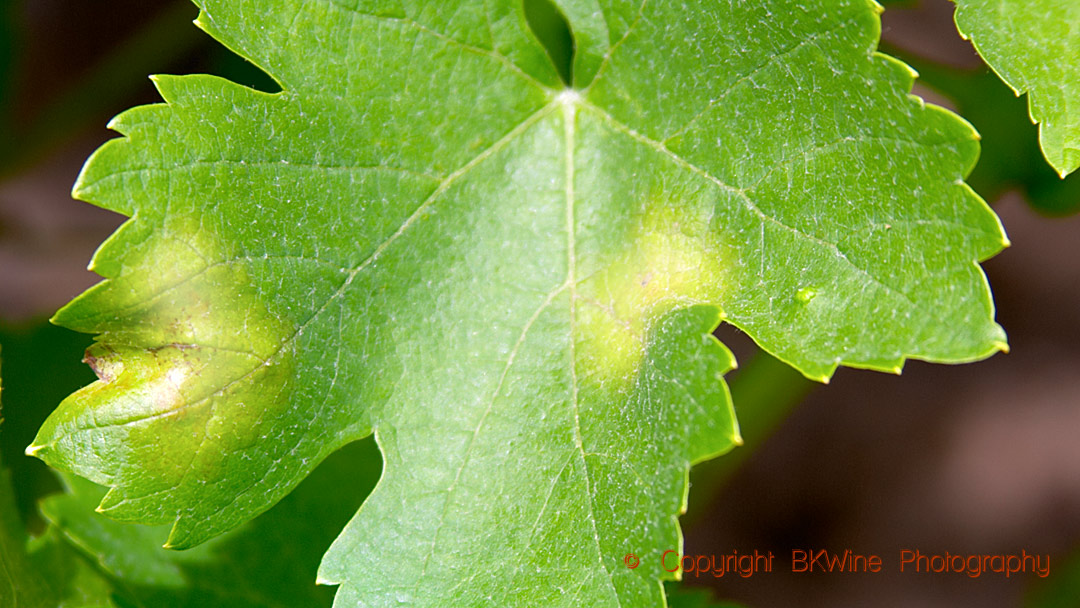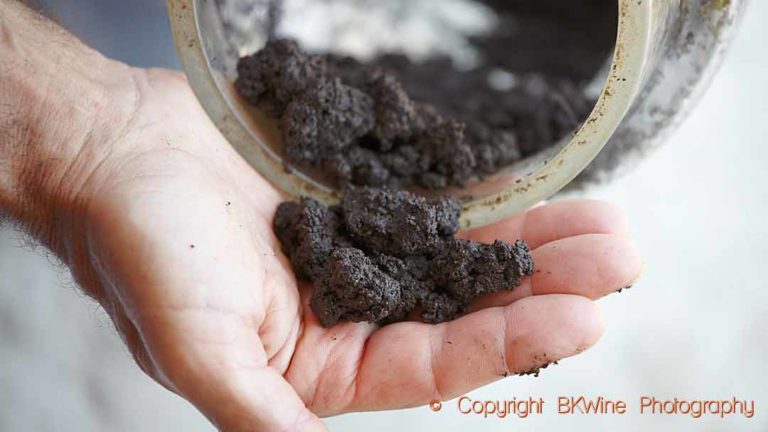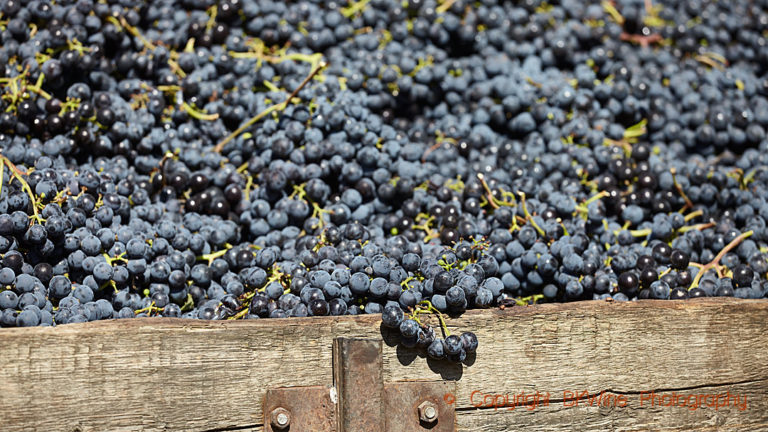Whether you are organic or not, you have to spray against fungal diseases like downy mildew and powdery mildew. The organic growers use copper and sulphur and the conventional growers use synthetic chemical pesticides. To reduce the use of all these products would be a blessing for both the vineyards and the people that are spraying. Therefore, it is exciting every time a company is launching an environmentally friendly product.
This time it is Syngenta France that in July presented its COS-OGA. This is an active substance composed of a mixture of oligosaccharides from shellfish shells and pectin from apples and citrus fruit.

The substance is a plant stimulator (SDN, Stimulateurs de Défense Naturels in French) and is considered a natural pesticide. SDN are substances that can trigger the vine’s own defence system once it is attacked by a disease, much like a vaccination.
Previous experiments with SDN, based on, among other things fenugreek and algae, have not been very encouraging. Hopefully COS-OGA will have greater success. At Syngenta they are very optimistic and believe that 400 000 hectares of vines will be treated with COS-OGA within two years. That is quite a lot, 400 000 hectares is equal to 50 % of the vineyards in France. Maybe they are over optimistic, but if their product is as good that they say, let’s hope not.
Bastid and Blason
COS-OGA is included in two of Syngenta products, Bastid and Blason. These are already permitted to be used against powdery mildew on vegetables in greenhouses. They will soon be authorized in the vineyard to combat downy and powdery mildew. Winegrowers, also organic ones, should be able to start using the products in 2017.
Bastid and Blason should be used together with a small dose of another fungicide (copper, sulphur or a conventional product).
Experiments with Bastid and Blason made on cabernet sauvignon is very positive. This year, 2016, has seen strong attacks of downy mildew but the treated vineyards have coped just fine. The untreated reference vineyard, however, was ravaged by the disease.

The price may be a stumbling block. It has not yet been published but it will probably be more expensive than the standard conventional products.
Nevertheless, with Bastid and Blason Syngenta hopes to reduce the spraying of conventional products and copper in the vineyards with between 20 and 50%.
Syngenta has another interesting product coming out soon. This one is based on two forms of copper: copper hydroxide and copper oxide chloride. The idea is to create a copper spray that is more effective and where the copper is not as easily washed away.
All this is good news for both organic and conventional growers.
More info: www.syngenta.fr










